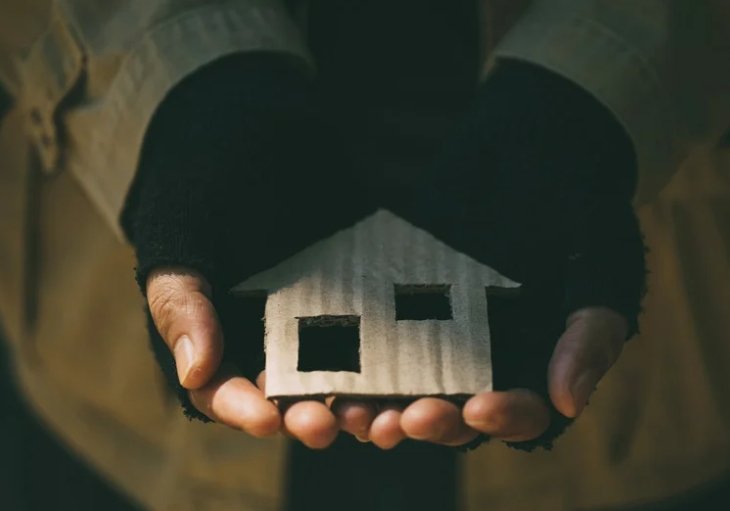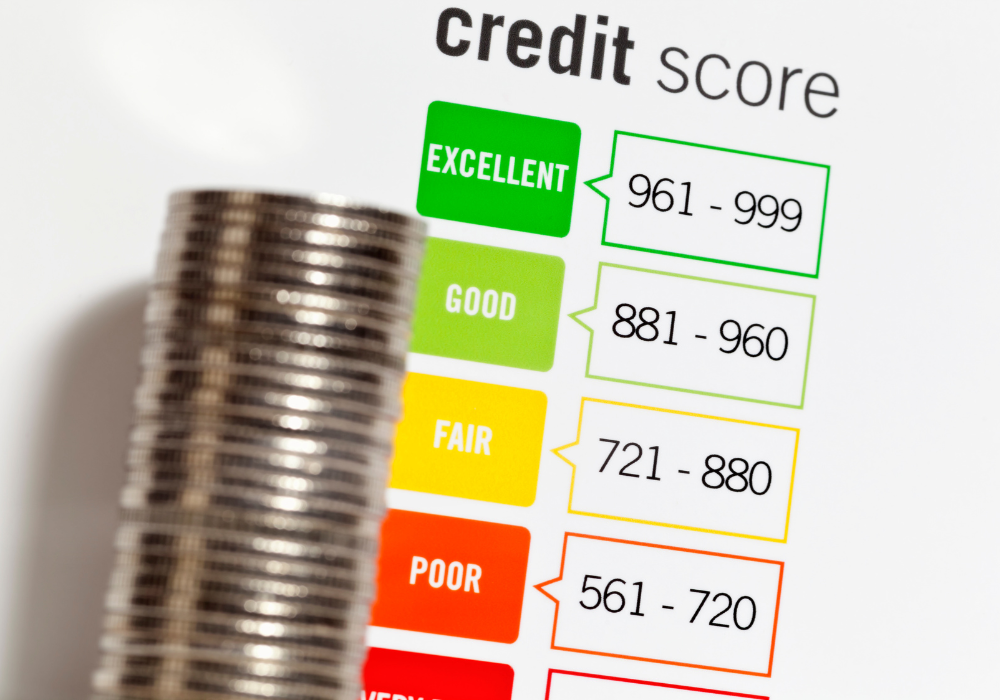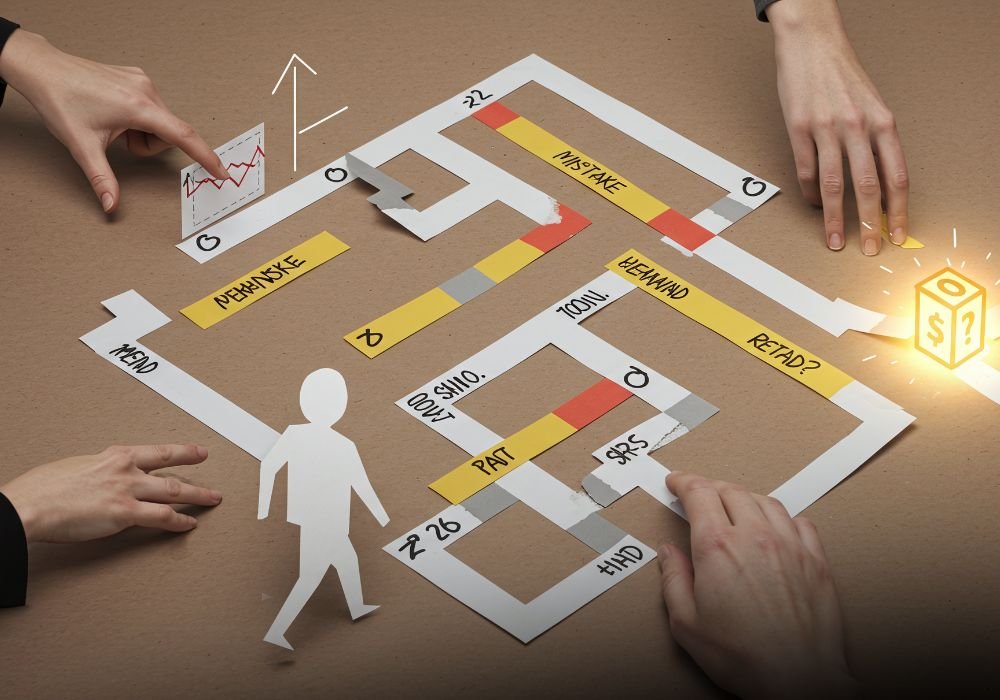Your credit score may just be a number, but it plays a big role in shaping your financial journey. From borrowing money to renting a house, from landing a job to setting up basic utilities—this score can affect your chances, your choices, and your costs.
Let’s break it all down clearly so you can understand what a credit score really is, why it matters, and how it can directly impact your personal finances. By the end, you’ll have everything you need to manage it with confidence—and peace of mind.
Credit Scores Explained
A credit score is a number that represents how reliable you are at handling borrowed money. It’s based on your financial behavior—like how often you pay your bills on time or how much debt you have.
Lenders, landlords, employers, insurers, and even phone or internet providers may look at this number to decide how trustworthy you are financially.
The score typically ranges from 300 to 850. The higher your score, the more financially responsible you appear. And that makes it easier to get approved for loans, enjoy better interest rates, and unlock more financial options.
How Your Credit Score Is Calculated
Credit scoring systems may vary, but most follow a similar formula. Your score is calculated using data from your credit report. Here are the main factors that affect your score:
1. Payment History (35%)
Do you pay bills on time? Lenders want to see that you’re reliable. One missed or late payment can cause your score to drop significantly.
2. Credit Utilization (30%)
This looks at how much of your available credit you’re using. If your cards are nearly maxed out, your score can suffer—even if you’re making payments.
3. Length of Credit History (15%)
The longer you’ve been using credit responsibly, the better. Lenders like to see a solid track record.
4. Credit Mix (10%)
Having a mix of credit types—credit cards, loans, financing plans—can help your score. It shows you can handle different kinds of debt.
5. New Credit (10%)
Every time you apply for new credit, it creates a hard inquiry. Too many in a short period can lower your score.
Read more : How to Manage Debt Wisely: Strategies for Long-Term Financial Health
How Credit Scores Affect Your Personal Finances
Your credit score isn’t just a financial rating—it directly affects your everyday life. Here’s how:
Getting Approved for Loans
Your score is often the first thing lenders look at when deciding to give you a loan. A higher score means you’re more likely to get approved.
Interest Rates and Loan Terms
Even if you get approved, your interest rate depends on your score. A good credit score can save you a huge amount in interest over time.
Renting a Home
Landlords may check your credit before renting to you. A low score could mean higher deposits—or even being denied.
Utility and Phone Services
Setting up electricity, internet, or a mobile plan? Some companies check your score first. With a low score, you may be asked to pay upfront.
Employment Opportunities
Some employers (especially for finance-related roles) may review your credit report to assess how you handle responsibilities.
Insurance Costs
In many places, your credit score can influence your insurance premiums. A better score might mean lower monthly costs.
How to Improve and Maintain a Healthy Credit Score
Improving your credit score doesn’t require magic—just smart habits practiced consistently over time.
- Pay your bills on time. This is non-negotiable. Also, building a solid buffer like an emergency fund can protect your credit score during financial shocks.
- Keep credit card balances low. Try to use less than 30% of your available credit.
- Avoid opening many new accounts at once. It can look risky.
- Don’t close old accounts if they’re in good standing. They help your credit history.
- Check your credit reports regularly. Spot errors or fraud early and report them.
- Become an authorized user. If someone you trust has a good credit account, being added can help boost your score.
Even small steps can lead to steady improvement. With time, good habits pay off.
What If You Have No Credit History?
No credit is not the same as bad credit. But it still limits your financial options. If you’re just starting out, here are a few ways to build credit:
- Apply for a secured credit card. You’ll pay a deposit, but it works like a regular card.
- Get a credit builder loan. This helps you build a repayment history from scratch.
- Ask to be added as an authorized user. You can benefit from someone else’s good credit habits.
The key is to start small, be consistent, and avoid missing payments. Over time, your score will grow.
How Long Does It Take to See Credit Score Changes?
Credit scores don’t change overnight. If you’re working to improve yours, expect to see meaningful changes in 3 to 6 months—or longer, depending on the situation.
Quick wins include:
- Paying off high balances
- Correcting credit report errors
- Keeping old accounts open
Big improvements take time, but they’re absolutely possible.
What If You’re Struggling with Credit?
You’re not alone. Millions of people have dealt with credit issues at some point.
At DGS Finance, we understand how stressful it can be to feel held back by your credit score. That’s why we’re here—to give you the support, tools, and advice you need to take control of your financial future. We’re not here to judge. We’re here to help.
Final Words
Your credit score can open doors—or close them. It affects what you can borrow, what you’ll pay, and even what kind of opportunities you get.
The good news? You have control. Your score reflects your habits, and habits can change. Just like credit, long-term goals like saving for retirement also benefit from consistent habits starting early. With the right steps and steady focus, improving your credit becomes part of your journey on the path to financial freedom.
Stay consistent, stay informed, and don’t give up.
FAQs
Q: How often should I check my credit score?
A: You can check it as often as you like. It won’t hurt your score. Many banks and credit cards even offer free score monitoring.
Q: Does closing a credit card hurt my score?
A: It can, especially if it’s your oldest card or if it reduces your available credit. Think carefully before closing any accounts.
Q: Can I build credit without a credit card?
A: Yes. Loans, utility payments, and even rent can help build your credit if reported properly.
Q: Can a good credit score help me build wealth?
A: Yes! A strong credit score gives you access to better financing options, letting you invest in homes, businesses, or other opportunities that grow your wealth over time.










